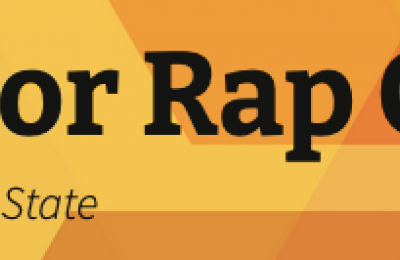Public Zoom Event: ADRI, College of Arts and Architecture, Penn State
Moderated by Eduardo Navas, Owen Gallagher, and xtine burrough
Register for this event.
Please join us for “Remix Studies Conversations Part 2: Focus on Integration of Remix Practices and Strategies,” a public event organized to highlight interdisciplinary research on remix as a form of creative production and communication across disciplines. The event will feature distinguished scholars, artists, and designers: Aram Sinnreich, Maggie Clifford, Fernanda Rosa, Scott Church, and Michael Collins who are brought together to continue our ongoing discussions on remix as a creative variable at play across culture. Our invitees are contributors to The Routledge Handbook of Remix Studies and Digital Humanities (2021), Keywords in Remix Studies (2018), and The Routledge Companion to Remix Studies (2015), three volumes edited by Eduardo Navas, Owen Gallagher, and xtine burrough.
The focus of the discussion is on the challenges remix continues to pose against preconceptions about authorship, intellectual property, and collective creativity while it also becomes integrated in daily activities throughout social media and networked interactions. Invited panelists produce work and do research that relates to the current moment remix is moving through and will share their recent findings. Presentation will be followed by a discussion with moderators, and a Q&A with the public.
Speakers:
Dr. Aram Sinnreich is Professor and Chair of the Communication Studies division at American University’s School of Communication. Sinnreich’s work focuses on the intersection of culture, law and technology, with an emphasis on subjects such as surveillance, critical data studies, intellectual property, remix culture, and music. He is the author of three books: Mashed Up (2010), The Piracy Crusade (2013), and The Essential Guide to Intellectual Property (2019). He has also written for publications including The New York Times, Billboard, Wired, The Daily Beast, and The Conversation.
Maggie Clifford's research focuses on climate literacy and communication, interdisciplinary collaboration, and the intersections of art and science. She earned a Master’s degree at the University of Florida in Forest Resources and Conservation and is a Ph.D. student in the School of Communication at American University in Washington, DC.
Fernanda R. Rosa is an Assistant Professor in Science, Technology, and Society at Virginia Tech. Her research focuses on Internet governance, values, and design from the standpoint of the global South, and has received several accolades, including from the Association of Internet Researchers (AoIR). She is the coauthor of Mobile Learning in Brazil (Zinnerama, 2015), and articles that analyze the politics of platforms and infrastructure in conspiracy theories, in representation of migrants, and indigenous communication.
Scott Haden Church teaches course in media studies, communication theory, and popular culture at Brigham Young University, where he is an Associate Professor in the School of Communications. His research investigates the rhetorical and aesthetic dimensions of communication technologies, music, and popular culture. He has authored or co-authored numerous journal articles and book chapters, including “Internet Memes as Remixes: Simpsons Memes and the Swarm Archive” (co-authored with Gavin Feller) in The Routledge Handbook of Remix Studies and Digital Humanities. His book Turntables and Tropes: A Rhetoric of Remix will be published by Michigan State University Press in the Fall of 2021.
Michael Collins is Associate Teaching Professor in the Penn State School of Visual Arts where he teaches courses in digital art and design. Collins has been designing and creating online learning technology for over a decade and is an advocate for the use of open-source technology in online education. His most recent collaboration includes a project called OER Schema—a project that fosters free access to knowledge by helping open educational resources become interoperable.

